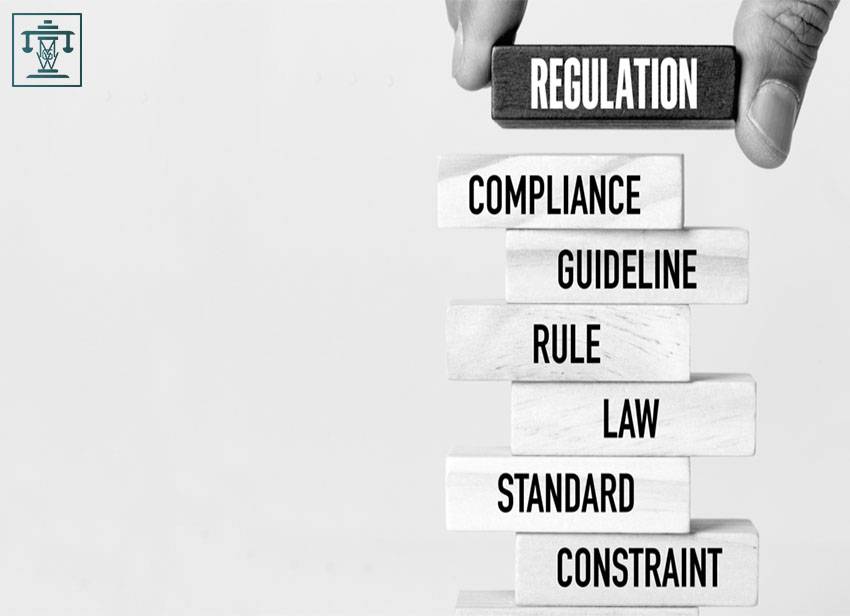- Defining Rights and Protections:
- A constitution serves as the fundamental legal framework for a nation. It defines the rights and protections of citizens, ensuring that their liberties are safeguarded from governmental abuse1.
- Through constitutional reform, outdated provisions can be revised, and new rights can be enshrined to reflect societal changes.
- Promoting Good Governance:
- Constitutional reform is a vital tool for promoting good governance. It can enhance accountability, transparency, participation, and predictability in government operations1.
- By changing constitutional rules, we can create a more efficient and effective system that serves the interests of the people.
- Adapting to Societal Changes:
- Societies evolve over time, and their needs change. Constitutional reform allows us to adapt to these shifts while adhering to constitutional norms and principles2.
- Whether it’s addressing technological advancements, environmental challenges, or social justice issues, constitutional reform ensures that the legal framework remains relevant.
The Role of Law Reform
Dynamic Legal Environment:
This dynamic process empowers us to proactively address emergent issues, bridge existing gaps, and ensure that legislative frameworks harmonize seamlessly with constitutional norms.
Balancing Stability and Adaptability:
While stability remains a cornerstone, unwavering rigidity can impede progress. Law reforms, guided by constitutional imperatives, strike a judicious equilibrium. They facilitate timely updates to legal provisions without compromising the bedrock principles enshrined in our constitution.
By embracing this delicate balance, legal systems remain agile, responsive, and effective in navigating the complexities of modern challenges.
Ensuring Justice and Fairness:
Law reforms are intrinsically geared toward enhancing justice and fairness. They rectify inequities, streamline legal procedures, and amplify access to justice for every citizen, regardless of their station in society.
Through deliberate legal evolution, we foster a more just, equitable, and harmonious social fabric.
Conclusion
Constitutional and law reforms are not mere administrative tasks; they shape the very fabric of our societies. They empower citizens, strengthen governance, and pave the way for a more just and prosperous future. Let us recognize their importance and actively engage in discussions and actions that lead to meaningful reforms.
Remember, a well-crafted constitution and adaptive laws are the bedrock of a thriving democracy! Try and consult MGW Advocates today.
